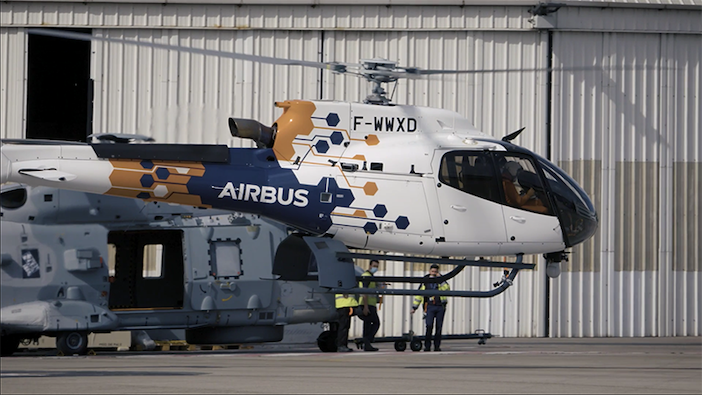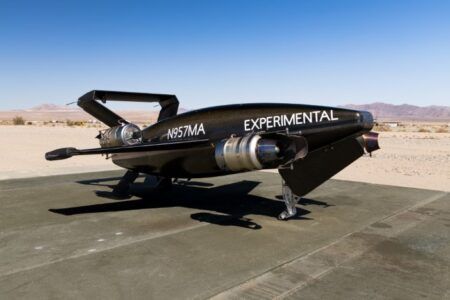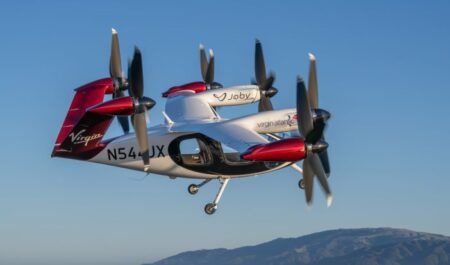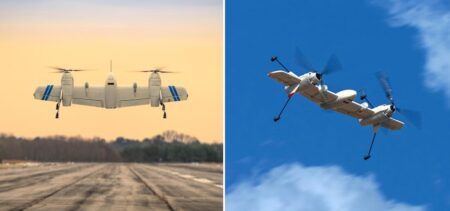Airbus has launched a project to further develop and test autonomous flight technologies such as detect and avoid capabilities for aircraft.
The autonomous technologies will be integrated and trialed on the European aircraft manufacturer’s Flightlab testbed helicopter during the next two years. They include vision-based sensors and algorithms for situational awareness and obstacle detection, an enhanced auto-pilot and a new touchscreen and head-worn display for inflight monitoring and control.
The aim of project Vertex is to simplify mission preparation and management, reduce helicopter-pilot workload and increase safety. The onboard system it develops will manage navigation and route preparation, perform automatic take-off and landings and follow a predefined flight path.
Engineers have already begun installing these technologies onto the Flightlab helicopter, said Airbus.
Grazia Vittadini, chief technology officer at Airbus said, “We are excited by the potential that the Vertex demonstrator project has to offer.
“By using our platform-agnostic flying laboratory to mature these technologies, we have an agile and efficient test bed that will support the development of future autonomous systems that could later equip Airbus’ current helicopter range and (e)VTOL platforms.”
Vertex is being managed by Airbus UpNext, an Airbus subsidiary created to fast-track the building of demonstrators to evaluate, mature and validate new aviation products and services.
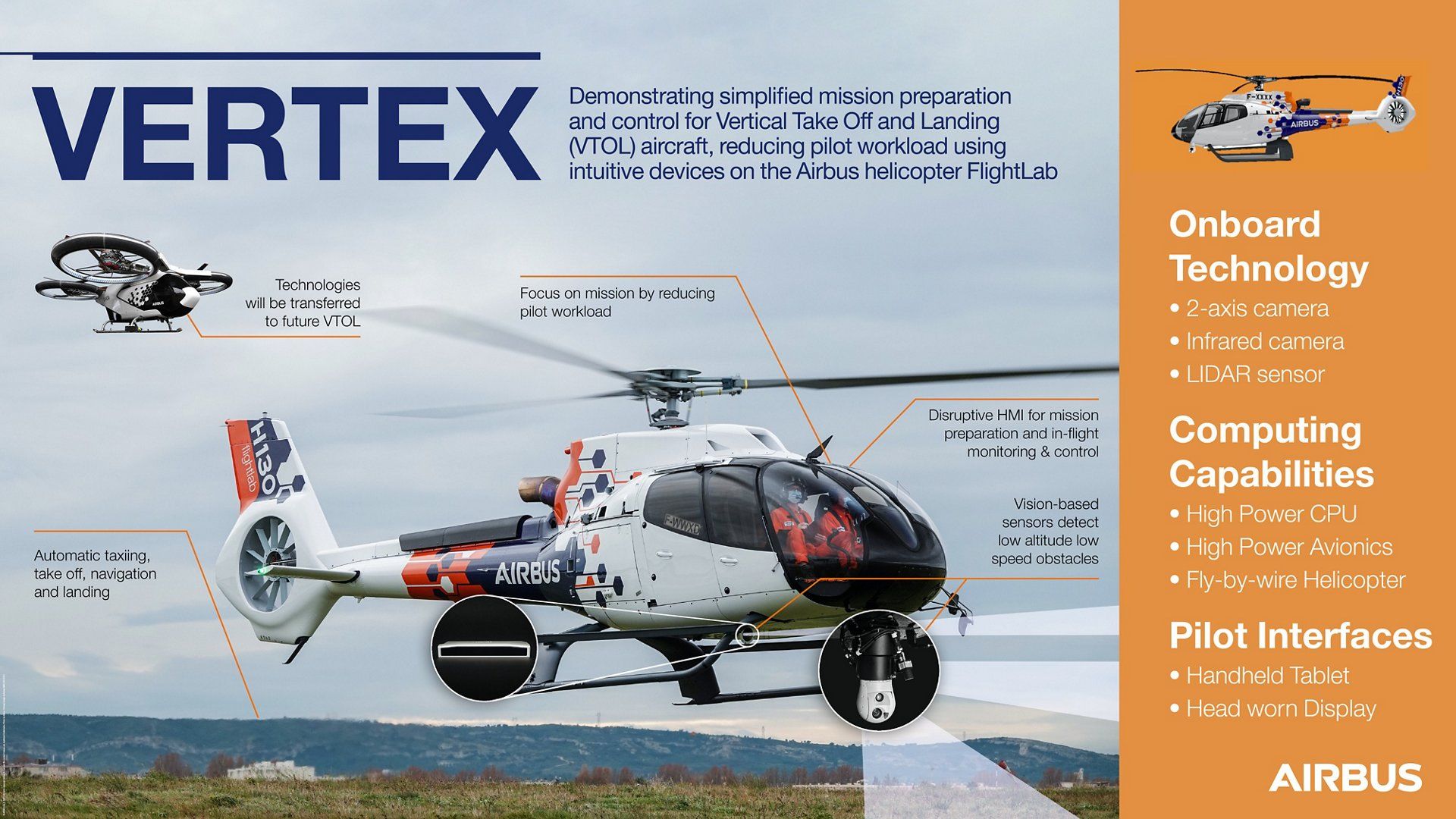
The Flightlab helicopter was revealed by Airbus at the start of 2021 and has been in use since April 2020, including for a series of tests measuring the noise levels from helicopters to help develop eVTOLs.
Related stories
VSR700 prototype performs first autonomous free flight
Airbus completes fully autonomous take off and landing flight tests
Airbus tests first fully automatic vision based take-off
Iris Automation to release Casia X 360˚ detect and avoid system for drones next month


